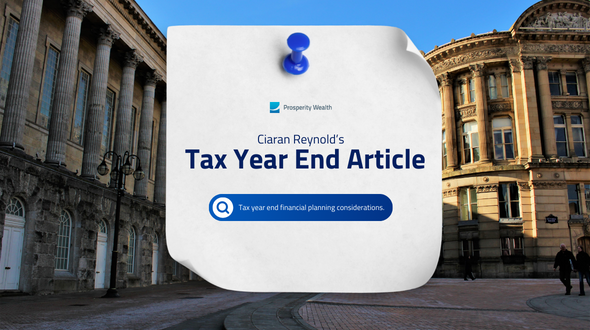There are four types of VCTs: Generalist VCTs, Specialist VCTs, AIM VCTs, and Limited life VCTs.
Generalist VCTs
Generalist VCTs cast a wide net to find investment opportunities in companies at various stages of development. Around ¾ of all VCTs belong to this category and this is the most popular type. Investments in generalist VCTs are usually made through a combination of loan notes or preference shares alongside equity in the business. These loan notes and preference shares give the VCTs a large potential income source.
AIM VCT
AIM VCTs invest in companies that are or are about to be in the London stock exchange market. Their management has a background in fund management rather than private equity investments. The investments in AIM VCTs are normally made through ordinary shares and these VCTs can be more volatile given that the shares can fluctuate in value.
Specialist VCT
Specialist VCTs are VCTs that find companies to invest in within one specific sector and have more focused investment objectives. Some examples of the sectors for specialist VCT investments are energy, infrastructure, and bio- technology. These VCTs involve higher investment risks but offer higher returns if the investments do well.
Limited life VCT
Limited life VCTs are low-risk investments that aim to invest capital and then wind up within five to seven years. This VCT will sell its assets and distribute the proceeds to its shareholders.



















